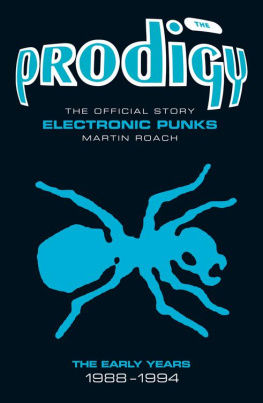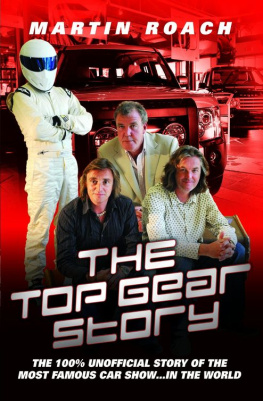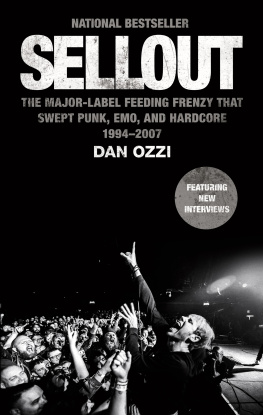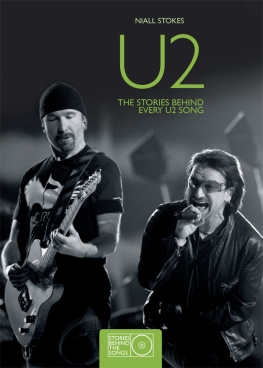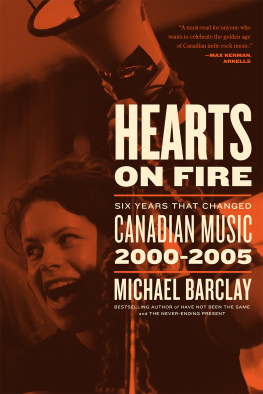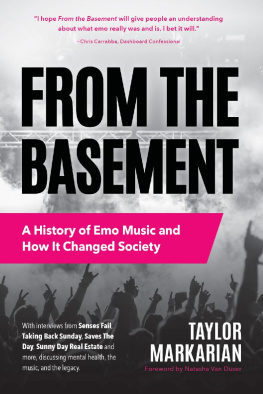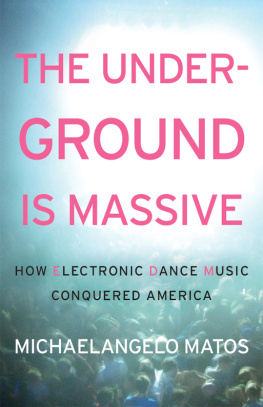Many thanks to Liam, Keeti and Keith over the years since this book was written you have all been constantly willing to help me and support my books, even when your crazy schedules barely allow it. I am extremely grateful, thank you sincerely.
A huge thanks must also go to John Fairs who, despite being the busiest person Ive ever met, always returns my calls, always goes that extra mile to help me and is a true gentleman; Id also like to thank Leeroy, Mike Champion, Sharon Thornhill, Linz, Dave Clarke and Dave Hanley.
We never had a masterplan of where we were gonna take this. People have to remember we were just ravers going out partying and all we were interested in at the beginning was getting into parties for free. Playing gigs at the parties was just enabling us to do that. All we knew was that we were as good as the bands we were seeing playing. And we knew we could be up there doing it next to them.
It was an amazingly exciting feeling to be a part of a culture that was happening right there and then; we hadnt borrowed something, people werent reliving a previous culture, it was brand new. The rave scene was happening right at that exact moment and we were right in the middle of it.
When I signed my first record deal, to be honest it didnt really register with me. All I was interested in was having DJs play my tunes. If a record deal gave me that, great, and if it also gave me some money to buy some more equipment then even better. In fact, I didnt actually want to do an album, I thought that might be selling out, there werent really bands around at that time doing albums in the scene, so it didnt necessarily feel right.
When you are young, you are very nave and very open, but at the same time that can mean you are very unaffected by outside forces. I found it very easy not to fall into that, not to be influenced by stuff, I just did my thing, I was totally nave to to anything really. That created a really high creative input. As time went on, that aspect obviously became less and less and you have to work really hard to keep that. Its very hard to keep hold of, even if you are the most underground person, situations change, things change around you, its very difficult, you constantly have to rebel.
One thing I would like to point out that influenced me musically is a label that I owe a lot to in terms of our sound Shut Up And Dance Records. They arent talked about much but I give them respect. Outside dance it was Public Enemy and my hip-hop roots. But in dance that label was underground, a proper London sound, the first people to do breakbeat and house/dance music. Many people might have credited us to be the first people to do that, but actually it was Shut Up And Dance.
The early days were a blur of constant gigging. Weve never really stopped touring. Its always been our thing. Maybe for some bands touring is something you have to do to sell records, but for us it was always the main thing. Doing gigs. And we were writing the music for the gigs. Thats still what we do now. In fact, its even more important than ever. Back then, you could survive by not playing live so much as long as the DJs were playing your tunes. But as soon as we had any success, underground DJs stopped playing us. So we just gigged and gigged and gigged. That path connected us to the people out there, it was the biggest buzz.
Im very proud of those first two albums. To me its almost two different bands. There are some similarities, obviously the beliefs are still the same across the two records. When I listen to the first album, it is a snapshot of exactly what was going on at that time. I listen to Experience and I hear so many ideas in each track, so many melodies, like every twenty seconds a new idea comes in. That was the way it was, the hyper state of the music, of the rave scene, that is what it was all about how many riffs and how much excitement and stimulation you can fit in one track from different sounds.
Id get back home ideally before my dad got up, so as not to disturb him! Usually Id be really fired up from the night and get straight on the equipment and try to lay down some of the inspirations or sounds Id remember from the night before.
I always had the ability and still do to get excited about the smallest detail. I can get excited about just one sound such as a drum sound for example its crazy, but I can get excited about doing an entire song around one singular sound. I have never lost that. I still get that feeling when I hear a noise or sound and can build up a tune from just that.
The process was simpler in many ways back then. Firstly, the equipment was so simple: you really had to stretch your imagination and also the equipment could only handle so much information, you really had to get as much down as you could on those tracks, there was limited sample time on these machines, so you had to make the most of what youd got.
Quite soon after that first record I got quite disillusioned with the scene and fed up, it totally changed. People were sucking off the scene just to make money, putting on shit events and rippin people. I was thinking of a way that the band could survive and push forward. Then we heard Rage Against The Machine whilst in LA and that opened our minds up to a different sound and feeling, it was like Public Enemy with the raw rock power energy. That led on to Jilted. That album was also a reaction to what was going on in the dance music scene for example, Poison was a reaction to everyone turning up the tempo on jungle to ridiculous speeds, crazily fast, so we were like, Fuck you, we are doing something slow and your gonna love it!; we also hated the Euro dance thing that was getting in peoples ears so much, so I wrote No Good to try to destroy that. I think its quite a forward-thinking album, whereas the first record was a pure snapshot. Jilted was the moment which pushed things in a different direction, it was a much darker approach. That was the product of an underlying anger in the band. That feeling that people didnt necessarily understand us, of not wanting to be labelled, just wanting to push things further, do something different. That just fueled us. We were being labelled a techno band and all that kind of shit, so I brought guitars into the mix because it was a new sound and energy for me, I knew it would piss the purists off. Thats the point, this band has always been anti-purist, we still are, make something different for fucks sake Im very proud of that record.
Reading this book again just confirms what I remember, I can see the hunger and self-belief. Its much more difficult for new bands to do that these days, because so much hinges around money, but when we were first out there, we didnt have that, we were signed to an independent, we turned so much stuff down all the time, we just didnt give a fuck. Wed say, Thats not right for us, we cant do that. But there was no masterplan, we made it up as we went along, it wasnt like we were aiming to sell millions of records, we were just like, Theres a right way of doing this and theres a wrong way. Weve got to live with ourselves and we know if something is cool or not.
We knew so much about the scene we were from and therefore we knew what sounded original, what would or wouldnt hit because we were ravers ourselves. We were testing the music on ourselves to see what would buzz. We were four geezers taking Es and all that, and even when all that slowed down, we still knew when something hit the spot. I guess once its in you you know.
Self-belief and hunger are crucial. Obviously you have to have a talent and a creativity, a flare. But self-belief and hunger thats what its all about. To this day, these are the two factors that drive us, a total understanding of not giving a fuck about anyone else.

